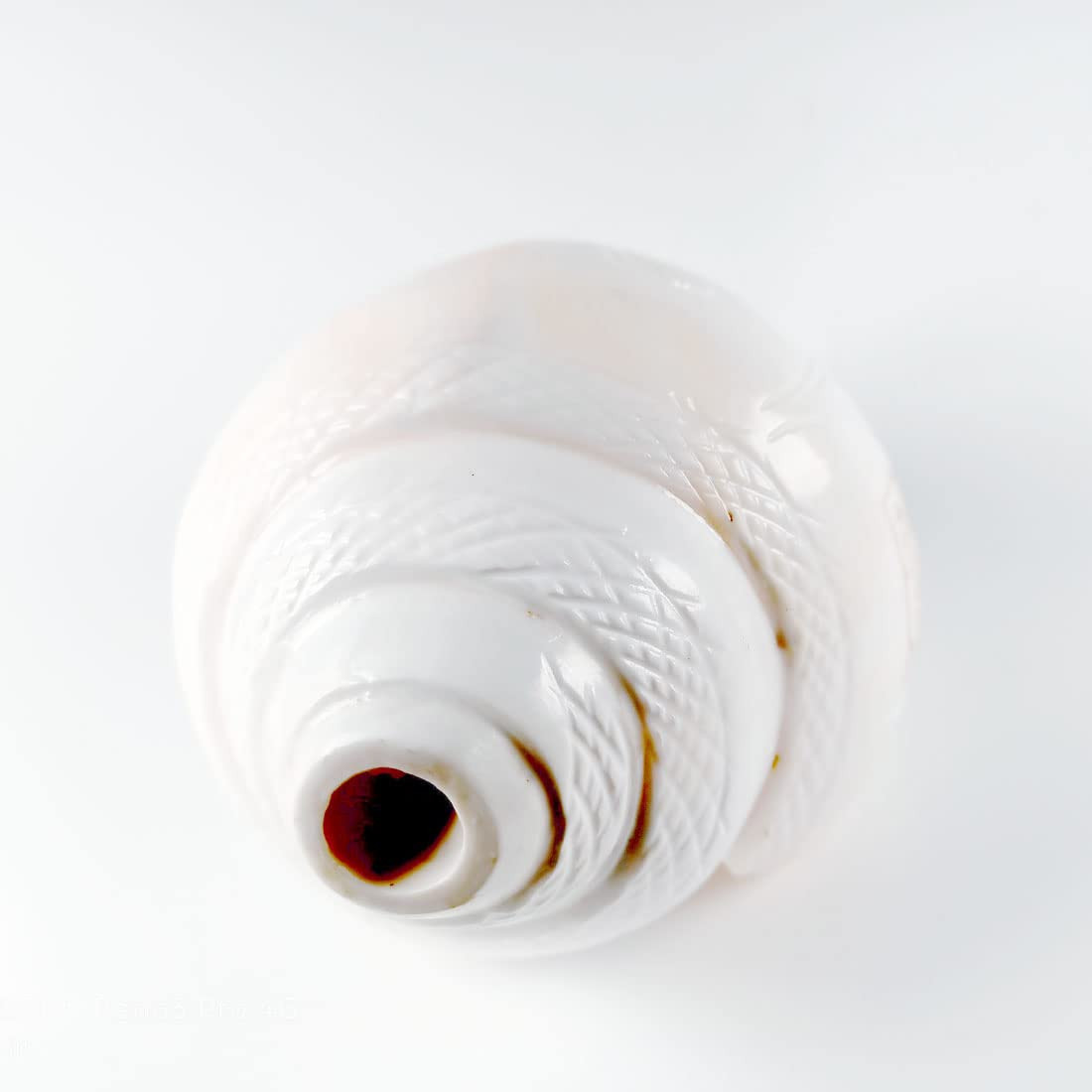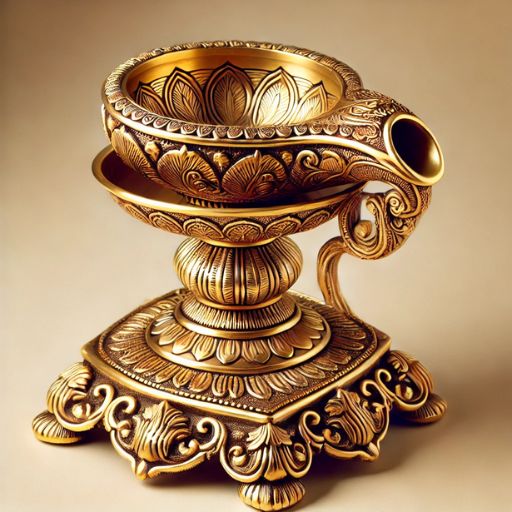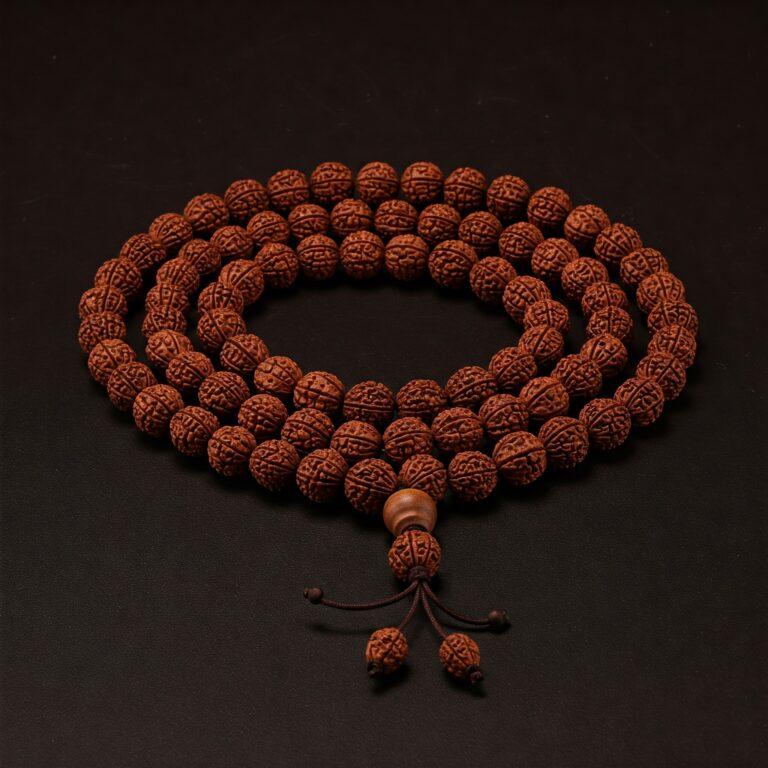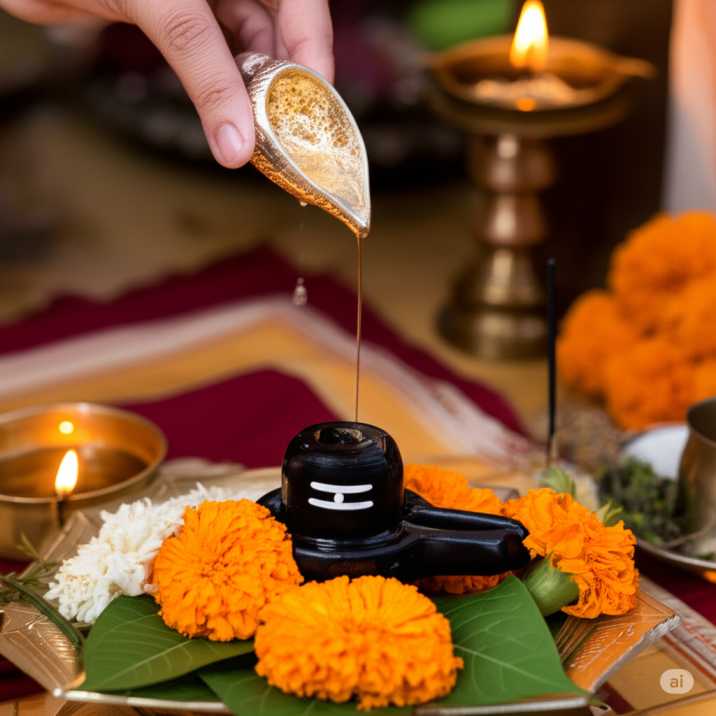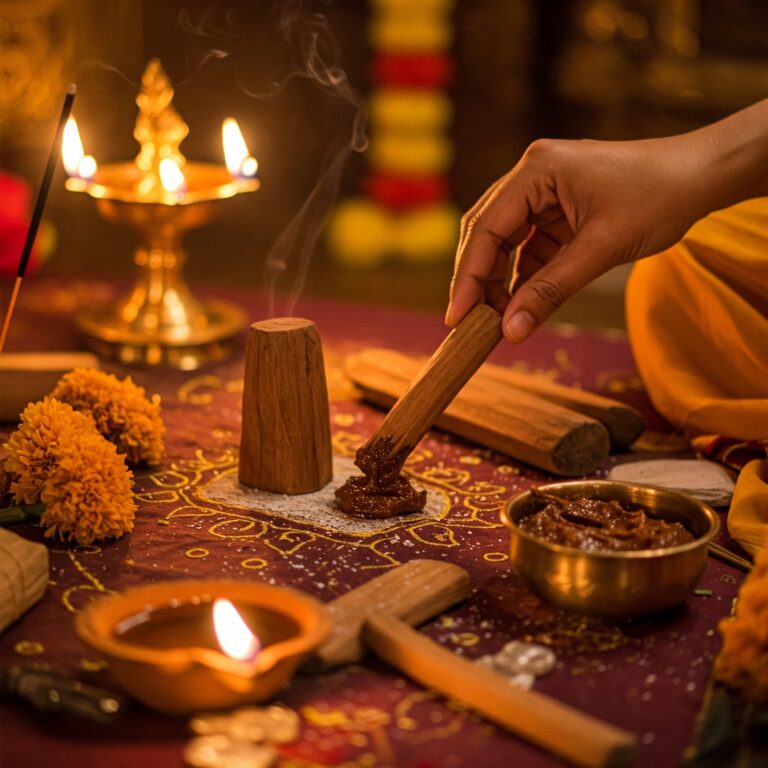The Shankh, or conch shell, holds immense spiritual and religious significance in Hinduism. It is not just a ritualistic instrument but also a symbol of divine energy, purity, and positivity. Blowing a Shankh is an integral part of puja ceremonies, temple rituals, and auspicious occasions.
Spiritual and Religious Importance
The Shankh is deeply connected to Hindu mythology and scriptures. It is believed to be the sacred war trumpet of Lord Vishnu, signifying the destruction of negativity and the arrival of divine blessings. The sound of the Shankh is said to purify the surroundings and create a divine atmosphere for worship.
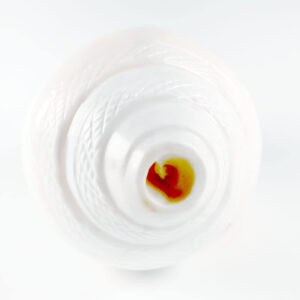
Benefits of Blowing a Shankh
- Purifies the Atmosphere
- The sound vibrations produced by blowing a Shankh eliminate negative energies and purify the environment, making it ideal for prayers and meditation.
- Promotes Positive Energy
- According to Vastu Shastra, placing a Shankh in the home brings prosperity, peace, and harmony. It enhances positive energy and protects against evil forces.
- Health Benefits
- Blowing a Shankh is considered a breathing exercise that strengthens the lungs, improves respiratory function, and enhances overall well-being.
- Strengthens Vocal Cords
- Regular practice of blowing a conch shell helps in improving lung capacity and strengthening vocal cords, making it beneficial for singers and public speakers.
- Symbol of Good Fortune
- Keeping a Shankh in the puja room or near the entrance of the house attracts prosperity and wealth. It is often associated with Goddess Lakshmi, the deity of abundance.
- Enhances Meditation and Focus
- The resonating sound of the Shankh helps in deepening meditation practices, calming the mind, and improving concentration during spiritual activities.
- Balances the Panchatatva (Five Elements)
- The Shankh is believed to represent the five elements—earth, water, fire, air, and space—ensuring harmony and balance in the surroundings.
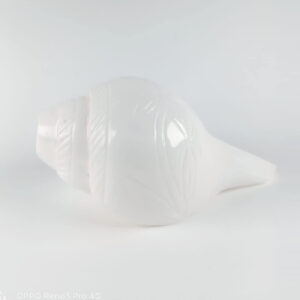
How to Use a Shankh in Puja?
- Before use, purify the Shankh by washing it with clean water and keeping it near the deity.
- Blow the Shankh three times before starting the puja to invite divine energy.
- Never use a Shankh meant for blowing to store water, as there are separate Shankhs for different ritualistic purposes.
Conclusion
Blowing a Shankh is not just a religious practice but a way to invite peace, prosperity, and well-being into life. Whether used during daily pujas, temple ceremonies, or festivals, its significance remains timeless. If you have a Shankh at home, make it a part of your spiritual routine and experience its powerful benefits!
Do you use a Shankh in your puja rituals? Share your experience in the comments below!

